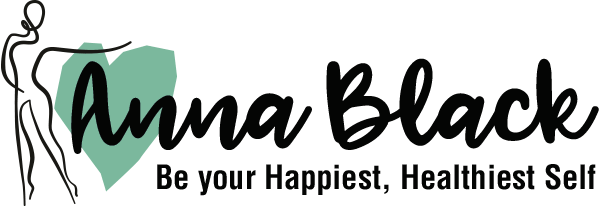Chloe Burroughs MAR, is a Reflexologist and member of the Association of Reflexologists. In this article Chloe explains how reflexology can help women physically, mentally and emotionally whilst going through hormonal changes. A reflexology session can provide a place for you to relax, unwind and tune into your body’s needs.
What is reflexology?
Reflexology is a complementary health therapy that dates back to ancient Egypt. It is a touch therapy that is based on the theory that different points in the feet, lower legs, and hands, correspond to different areas of the body. By applying pressure and massage to different areas, reflexology can bring balance to the body and unblock congested energy channels. Reflexology can be effective in promoting deep relaxation and wellbeing. By reducing stress, it can help to optimize good health and build resilience within your body to illness.
Reflexology is suitable for all ages and stages of life to bring relief to both acute and chronic conditions, as well as working to maintain overall health and wellbeing.
Hormonal changes and Reflexology
Hormonal levels need to be finely balanced in order to maintain optimal health. Hormones that are out of balance can cause symptoms. These range from menstrual irregularities such as heavy and painful periods, menopausal symptoms such as hot flushes and night sweats, to symptoms of thyroid imbalance including weight gain, depression and memory problems.
Reflexology is a holistic therapy that can help to balance both your physical and emotional systems. Your reflexologist can press on specific reflex points in your feet to bring hormonal balance. By working the endocrine system- hypothalamus, pituitary, and adrenal reflex points, reflexology can restore hormonal balance. This in turn can alleviate symptoms of certain hormonal imbalances; for example during menopause- hot flushes, anxiety and sleep issues.
One of the biggest causes of hormonal imbalance is stress. Reflexology can be used in a number of ways to correct hormonal imbalances. It works to reduce stress levels and balance the cortisol levels in the body. Reflexology can also benefit a person by:
– Boosting the immune system
– Improving the blood circulation around the body
– Removing toxins within the body
– Stimulating the reproductive glands
– Through calming the nervous system, insomnia can be alleviated, and anxiety and stress levels greatly reduced.
In 2016 a randomized controlled study was conducted with women aged between 40 and 60 who were experiencing symptoms of menopause. The women were given reflexology twice weekly for six weeks. The results were that the women reported far fewer hot flushes, sweats and night sweats. The results also showed that their quality of life improved. (Gozuyesil & Baser 2016)
What can I expect from a treatment?
A reflexology session is a safe place in which to relax, receive care and focus on yourself. On your first treatment the reflexologist will conduct a full consultation with you, to discuss your health and lifestyle both past and present. This will enable the treatment to be tailored to your specific needs. Your session will last around one hour and your reflexologist will massage and gently apply pressure to your feet, treating your body as a whole, whilst balancing and clearing energy pathways where needed. Experiences from reflexology sessions vary individually, from general feelings of relaxation, to a feeling of tingling or warmth throughout the body.
The effects of reflexology are cumulative and a course of treatments is usually recommended.
How will I feel after reflexology?
Usually after a reflexology treatment your tension will be reduced and you will feel very relaxed! You may notice that you are sleeping better and find that your mood and sense of wellbeing improving. You should experience an improvement in your circulatory system leaving all the systems of your body functioning fully and in their natural state.
